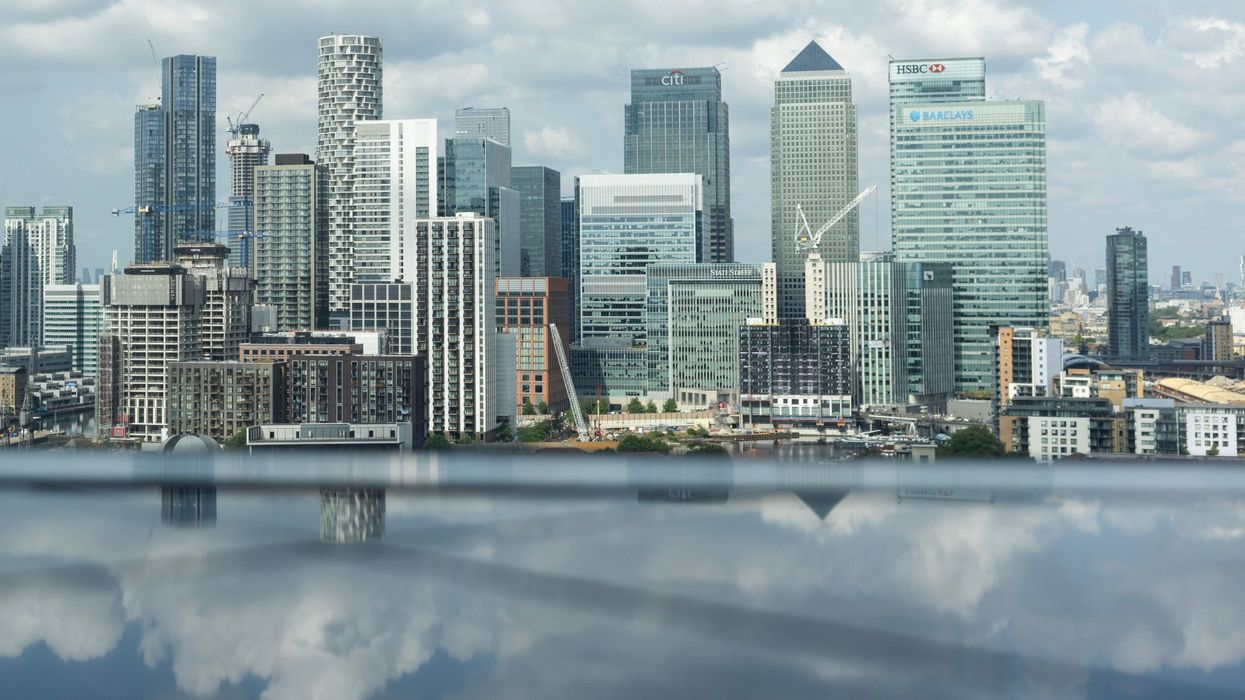BRITAIN's economy rebounded in August, according to official data released on Friday, offering a timely lift for the new Labour government as it prepares for its first budget at the end of October.
The Office for National Statistics (ONS) reported that the country's gross domestic product (GDP) increased by 0.2 per cent in August compared to July, when output was flat.
The rise in GDP met analysts' expectations, marking a return to growth after two months of stagnation in June and July. This development provides a much-needed boost for the government, which has made economic growth a central focus of its agenda since taking office in July.
"It's welcome news that growth has returned to the economy," said chancellor Rachel Reeves, who is set to present the budget on October 30. Reeves emphasised that growing the economy is a top priority for the government.
Liz McKeown, the ONS director of economic statistics, highlighted that while growth occurred across all major sectors in August, the broader trend shows slowing growth compared to the first half of the year.
The Labour government, led by Keir Starmer, took power at the start of July after 14 years of Conservative leadership. The recent economic data signals that Britain is on track for a third consecutive quarter of economic growth. However, the ONS noted that the September GDP figures would need to show a monthly decline of 0.3 per cent to 0.6 per cent for the third quarter's reading to be flat.
While the sterling remained relatively unchanged against the US dollar following the ONS announcement, investors have increased their expectations of a quarter-point rate cut by the Bank of England in November.
The ONS also left its previous estimates for GDP growth in June and July unchanged. However, it revised down its estimates for April and May, with April now showing a contraction of 0.1 per cent. and May registering growth of 0.2 per cent.
In its outlook, the Bank of England projects a slight slowdown in growth to 0.4 per cent for the third quarter and 0.2 per cent for the final quarter of 2024, aligning more closely with the economy's underlying growth rate.
Compared to the same period last year, economic output in August was 1.0 per cent higher, falling short of the 1.4 per cent growth forecast by economists. The lower-than-expected growth reflected downward revisions to previous months' data.
As part of its strategy to stimulate economic growth, the government will host an international investment summit on October 14, with a focus on increasing foreign direct investment—a key objective since Starmer assumed office.
(With inputs from agencies)




